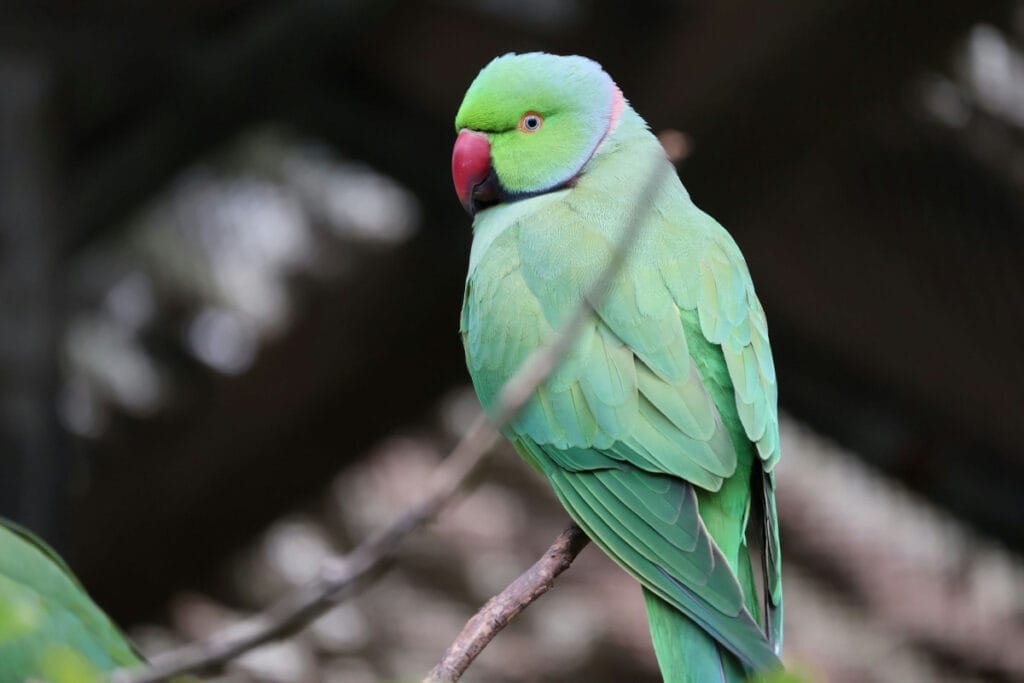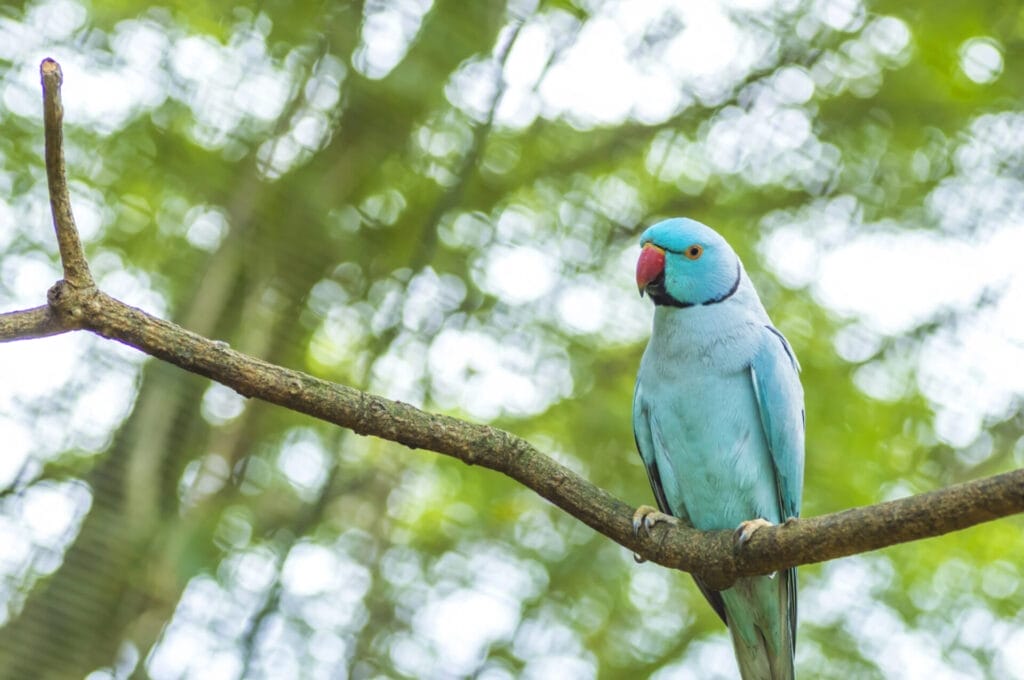
Indian Ringneck parakeets, also known as Psittacula krameri, are vibrant and intelligent birds that have gained popularity in the pet trade worldwide. However, their charm and desirability come with significant conservation and legal considerations that impact their existence both in the wild and in captivity.
Key Takeaways
- Conservation Status: Indian Ringnecks are not currently endangered but face threats from habitat loss and the pet trade.
- Legal Restrictions: Various countries have specific regulations regarding the ownership, breeding, and trade of Indian Ringnecks to prevent illegal wildlife trade and ensure sustainable populations.
- Impact of Pet Trade: The demand for these birds in the pet trade can lead to illegal trapping and over-exploitation.
- Supporting Conservation: Contributions to organizations that focus on habitat preservation and sustainable practices can aid in the conservation of Indian Ringnecks.
- Captive Breeding Regulations: Adhering to legal frameworks that govern captive breeding can help maintain healthy, genetically diverse populations.
- Educational Outreach: Increasing public awareness about the ecological role and legal status of Indian Ringnecks can reduce illegal trade and promote conservation efforts.
Conservation Status of Indian Ringnecks

Indian Ringneck parakeets are currently listed as “Least Concern“ by the IUCN Red List, indicating that they are not immediately threatened with extinction. However, this status does not mean they are free from threats. Habitat destruction, particularly in their native ranges in Africa and South Asia, poses a significant risk to their natural populations. Additionally, the allure of these birds in the pet trade leads to poaching and illegal trafficking, which further endangers their wild populations.
Impact of Pet Trade on Wild Populations
The pet trade has a profound impact on Indian Ringnecks, both positive and negative. On one hand, the popularity of these birds has led to increased interest in their conservation. On the other hand, it has also fueled illegal and unsustainable capture from the wild. These practices not only deplete wild populations but also often result in poor conditions for the birds, contributing to mortality and health issues.
Organizations Working for Conservation
Several organizations globally work towards the conservation of parrots, including Indian Ringnecks:
- World Parrot Trust: Focuses on the survival of parrot species worldwide through habitat conservation, education, and advocacy.
- BirdLife International: Implements various programs aimed at protecting avian species and their habitats.
- American Federation of Aviculture: Promotes the welfare and sustainable practices in the breeding of birds in captivity.
Supporting these organizations through donations or volunteer work can significantly impact the conservation efforts for Indian Ringnecks.
How to Support Ringneck Conservation Efforts
Supporting conservation efforts can be done in several practical ways:
- Educate Yourself and Others: Learning about the natural history and ecological importance of Indian Ringnecks can foster a deeper appreciation and a more responsible approach to their care and conservation.
- Support Sustainable Practices: Purchase Indian Ringnecks from reputable breeders who adhere to ethical breeding practices.
- Participate in Conservation Programs: Engage in or donate to conservation programs that focus on habitat preservation and the rehabilitation of captured wildlife.
- Advocate for Stronger Regulations: Support legislation that protects Indian Ringnecks and other wildlife from illegal trade and exploitation.
Conclusion
The conservation and legal status of Indian Ringnecks are crucial for ensuring their survival both in the wild and in captivity. By understanding the impacts of the pet trade, supporting conservation efforts, and adhering to legal guidelines, we can help maintain the populations of these remarkable birds for future generations.
If you love Indian Ringnecks or are considering them as pets, take a moment to learn about their needs and how you can contribute to their conservation. Share this information with fellow bird enthusiasts to spread awareness and foster a community committed to the ethical treatment and preservation of these birds.
FAQ
Q: Are Indian Ringneck parakeets endangered?
A: No, they are currently listed as “Least Concern“ by the IUCN Red List, but they still face threats from habitat loss and the pet trade.
Q: Is it legal to own an Indian Ringneck parakeet?
A: The legality of owning an Indian Ringneck varies by country and region. Always check local wildlife regulations before acquiring one.
Q: Can Indian Ringnecks be bred in captivity?
A: Yes, they can be bred in captivity, and many countries have regulations in place to ensure that captive breeding is done sustainably and ethically.
Q: What can I do to help conserve Indian Ringnecks?
A: Support conservation organizations, educate others about the species, and advocate for strong legal protections against illegal trade.
Q: Why is the pet trade a threat to Indian Ringnecks?
A: The pet trade can lead to over-exploitation and illegal trapping of wild birds, which depletes natural populations and can be harmful to their welfare.
Q: How can I ensure that my Indian Ringneck is legally acquired?
A: Purchase from reputable breeders or suppliers who can provide proof of legal acquisition and adherence to all applicable laws and regulations.
Q: What are the consequences of illegal trade in Indian Ringnecks?
A: Illegal trade can lead to severe penalties, including fines and imprisonment, and contributes to the decline of wild populations.
